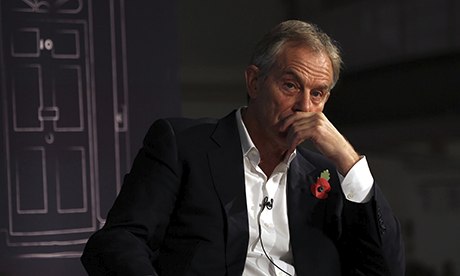The collapse of Carillion, the company responsible for everything from building hospitals to providing school meals, is a “watershed” moment that proves that the private sector should not be running swaths of Britain’s public services, according to Labour leader Jeremy Corbyn.
The revolution in outsourcing public services started by Margaret Thatcher, which by 2014-15 accounted for about £100bn or 15 per cent of public spending according to the National Audit Office, faces a thorough reappraisal, with Mr Corbyn standing ready to disrupt the industry altogether.
“It is time to put an end to the rip-off privatisation policies . . . that fleeced the public of billions of pounds,” said Mr Corbyn, in a video that was watched almost 300,000 times in 24 hours on Facebook.
“Across the public sector, the outsource-first dogma has wreaked havoc. Often it is the same companies that have gone from service to service, creaming off profits and failing to deliver the quality of service our people deserve,” he added.
Outsourcing of public services to the private sector was virtually non-existent in the 1970s, but Mrs Thatcher changed that in 1980 when local authorities — which had previously directly employed blue-collar workers to build roads and houses, and collect refuse — were required to put the work out to tender.
David Willetts, a former Treasury official, policy wonk and later Tory MP, was a key promoter of the private finance initiative, but admits that in some recent projects the scheme has gone awry.
He argues that it was right to hand projects to the private sector if there was a genuine transfer of risk, but that the Carillion collapse had exposed cases where in the end, the risk reverted to the government, which had to maintain public services.
Last year John McDonnell, shadow chancellor, vowed at the Labour conference to nationalise such contracts as part of a wider plan to roll back private sector involvement in public services. Carillion has strengthened his resolve.
In a more detailed email briefing, the party’s position seemed more nuanced. It said Labour would “look to” take control of PFI contracts and that it would review all of them and — “if necessary” — take them back in-house.
This has unsettled some Labour moderates. “Where is the element of choice if everything is done in house by a public sector body?” asked one Blairite former minister. “Could things be done differently? All that would be lost.”
Since 1980 huge swaths of services — from providing school meals to refuelling RAF aircraft — have been outsourced to the private sector under Conservative and Labour governments.
This outsourcing boom led to the creation of new companies, such as Capita, that specialise in serving public sector clients but it also attracted existing overseas municipal providers, such as Veolia.
NAO figures suggest the bulk of central government spending on outsourcing goes to pay for IT, facilities management and professional services. Local authorities rely on the private sector to provide a range of services from social care to waste disposal, and the private sector provides healthcare to NHS-funded patients.
Several high-profile outsourcing failures have raised questions about whether the taxpayer is getting best value for money from some contracts. Carillion’s collapse is the most recent, but not the only example.
Members of the armed forces were drafted in to provide security for the 2012 London Olympic Games after G4S was unable to provide sufficient numbers of staff.
The failure of Metronet, which had been contracted to maintain and upgrade the London Underground, in 2007 cost the taxpayer at least £170m. Several privately run prisons have hit the headlines over the past 18 months as levels of violence have increased while spending and staff have been cut.
But many other public services have been successfully outsourced with little or no public comment.
“Most people in Britain are endlessly using contracted-out services without really noticing it,” said Tony Travers, a professor at the London School of Economics. “The question is what is the contract mechanism to ensure that what is done is done appropriately.”
He said at least two lessons could be drawn from recent failures. The first is that overzealous efforts by government to drive down costs in contracts are not necessarily a good thing.
Carillion is not the only private provider to have signed up to contracts committing to providing services at implausibly low cost. At the end of last year, the Competition and Markets Authority highlighted concern that private providers of social care that serve mainly the public sector were “unlikely to be sustainable” unless local authorities paid more for their services.
The second lesson is that ministers and civil servants need to carry out proper due diligence on companies tendering for public contracts.





